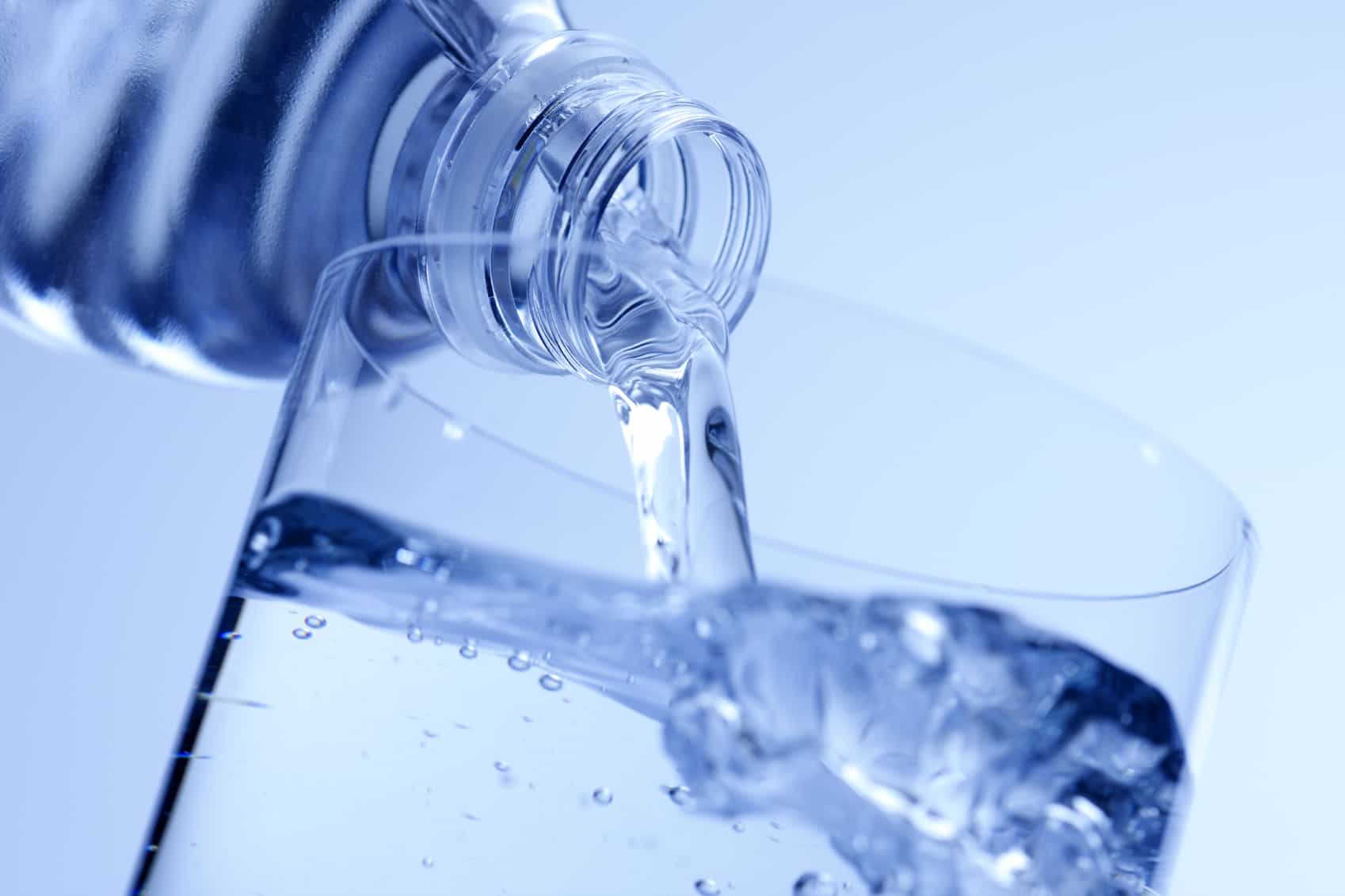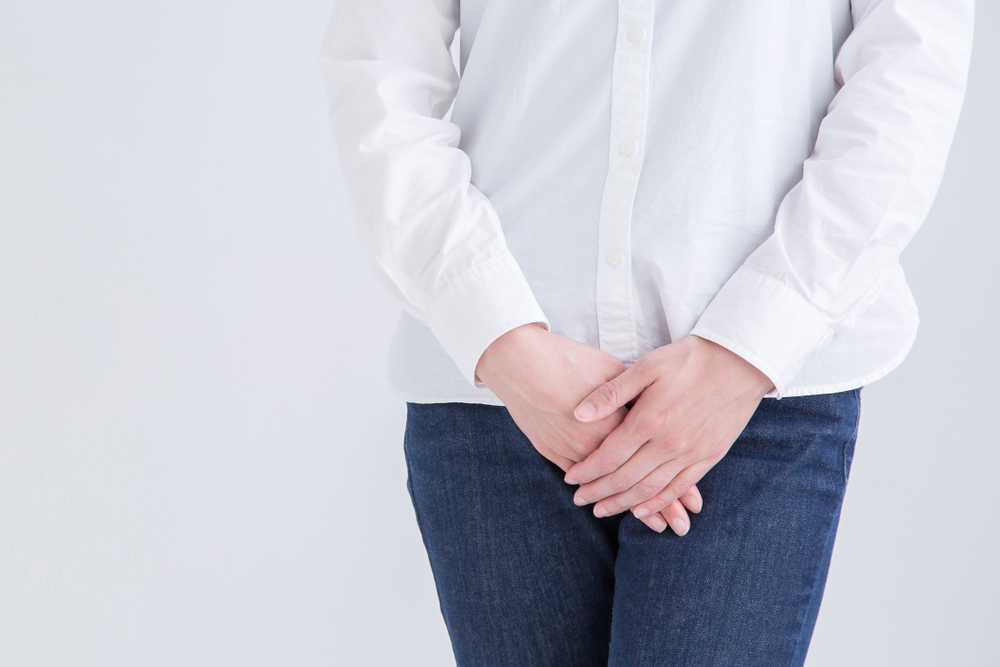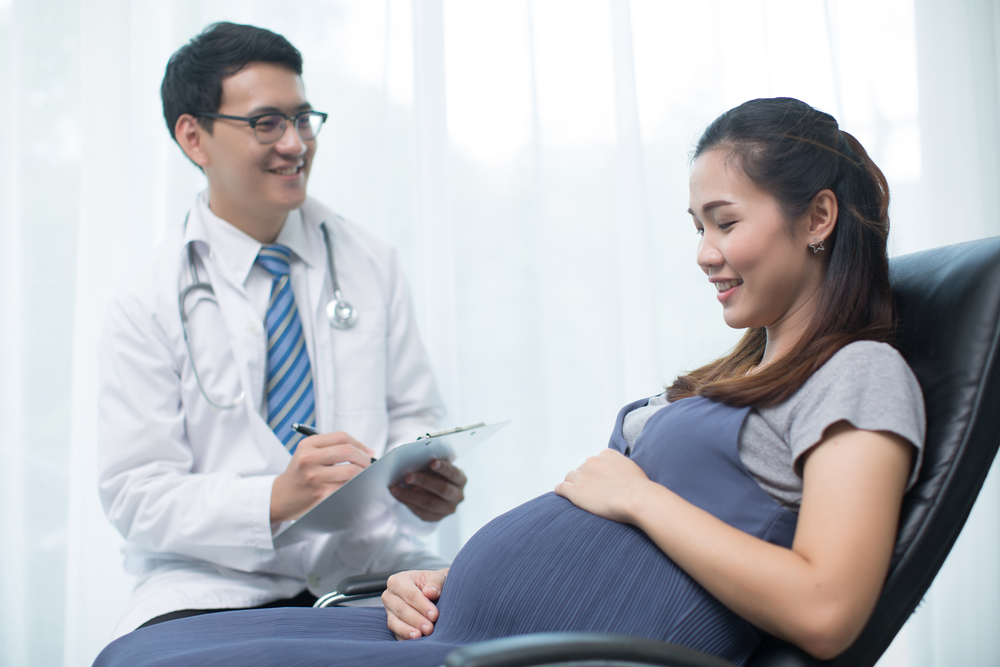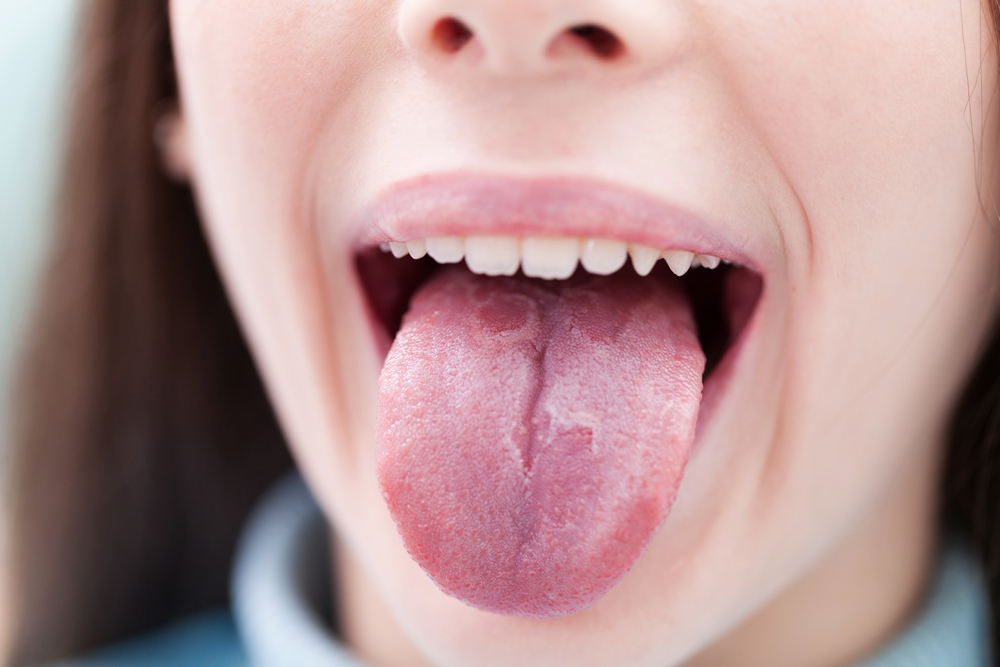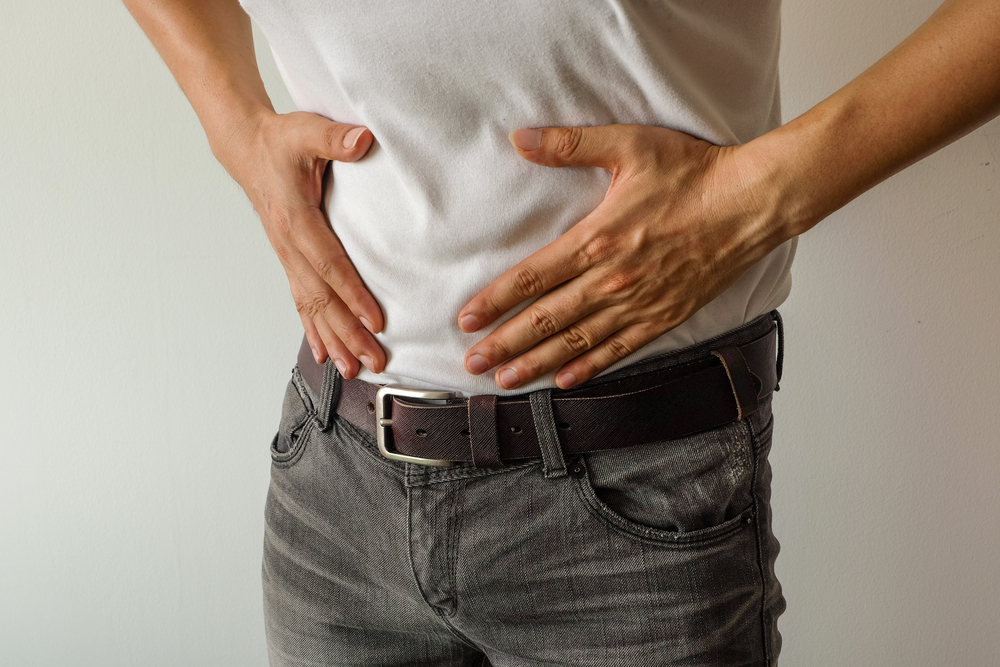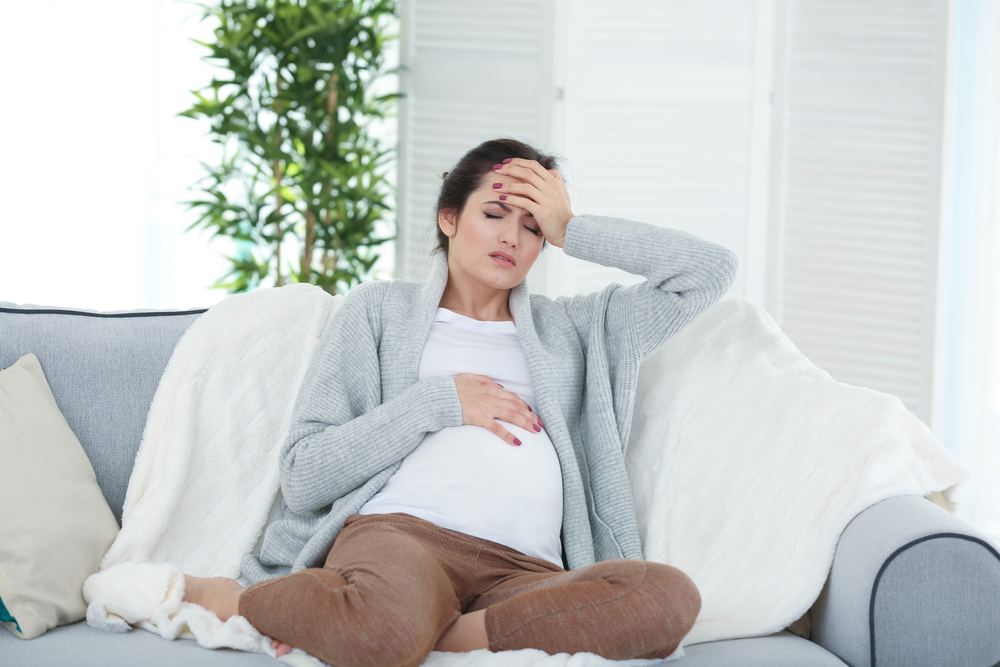Contents:
- Medical Video: Effects of Dehydration
- Is it dehydrated?
- Signs of dehydration in children
- Signs of dehydration in adults
- Check with a doctor, if ...
Medical Video: Effects of Dehydration
How much water have you been drinking today? Two-thirds of the human body is liquid. So, your body needs to enter enough water to function optimally. But how to realize that your body is experiencing a lack of fluids? What are the signs of dehydration that your body will feel?
Is it dehydrated?
Dehydration is a condition in which your body loses more fluid than the liquid that enters your body. This imbalance of fluid levels in the body can affect other levels of content in your body, such as salt and sugar levels, so that it might cause blood to clot.
Unfortunately, you often feel thirst often when you are already dehydrated. In fact, the symptoms that arise when a person is dehydrated can vary depending on his age.
Signs of dehydration in children
Children are generally more susceptible to dehydration because of their tiny bodies, so that there is less fluid reserves in their bodies compared to adults. Dehydrated children can be caused by several conditions, such as having a fever (water contained in the body will evaporate more when your body temperature is high), experiencing diarrhea, vomiting, or sweating a lot while playing (supported by exposure to temperature high from sunlight).
If your child has a condition as mentioned above, you should be aware of the symptoms that will follow later, such as:
- Dry tongue and mouth
- Lack of tears when crying
- Eyes and cheeks that look concave inward
- Darkening of the yellow color of urine, decreased volume and frequency of urination, or even not urinating for 6-8 hours
- Drying of the skin
- Dizziness, feeling rocky, unstable, or often called staggering
- Feeling easily tired and sleepy
- Increased heart rate
- In some children, dehydration can even cause unconsciousness.
Signs of dehydration in adults
Some conditions that cause adults to become dehydrated include fever, exposure to high temperatures, too much activity and eventually high amounts of sweat, and vomiting and diarrhea. In addition, adults can also become dehydrated because of other conditions such as increased urinary output due to the attack of a particular infection and skin injury (water in the body can also be lost from damaged skin).
If you experience conditions as mentioned above, you will be more prone to dehydration. Most symptoms of dehydration in adults are similar to signs of dehydration experienced by children. But in certain conditions, an adult can also be indicated to be dehydrated, if you experience symptoms:
1. Bad breath. A Lyndon B. Johnson General Hospital cardiologist, John Higgins, revealed that, dehydration causes your body to produce saliva in fewer volumes. The absence of enough saliva in the mouth can cause the development of bacteria in your mouth, followed by the appearance of an unpleasant aroma from your mouth.
2. Muscle cramps. As mentioned earlier, a decrease in the level of fluid in your body can have an impact on the levels of content in other bodies. Reducing fluid in the body will affect the electrolytes in your body, then affect the levels of salt and potassium in the body that can cause the effects of muscle cramps.
3. Want certain foods, especially sweet foods. When your body has decreased fluid, your heart will experience difficulty in producing glycogen, which is the end result of the processing of sugar in the body. As a result, your body wants to replace it, which is often sweet.
Check with a doctor, if ...
A lot of literature says that the body needs at least two liters of water or about eight full glasses per day. But actually, many factors can determine the amount of water your body needs, such as your health condition, the condition of your environment, to the activities you do. But especially from all that, immediately see a doctor, if you dehydrate or your child shows symptoms:
- Fever up to 38 degrees
- There was a decrease in consciousness until complete loss of consciousness
- Headache
- Seizures
- Having trouble breathing
- Pain in the chest or abdomen.

